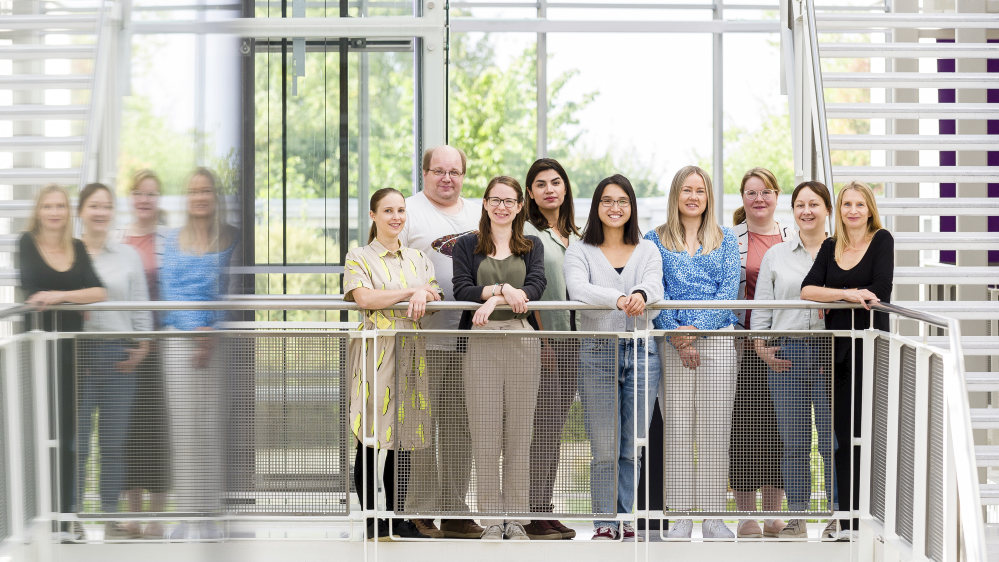We especially focus on primary immune deficiencies and multiple sclerosis, and utilizing the new knowledge to the benefit of the patients. We use rare immune diseases as models for autoimmunity and focus on identifying novel causative genes for the rare disorders in the founder population of Finns and study the functional consequences of the identified gene defects.
Background
The human immune system is a complex and sophisticated system, which has a simple, yet very important mission: to seek and kill attackers. While defective immune system, severe combined immunodeficiency and a lack of immune system cells cause life-threatening diseases, other immune disorders result from either an excessive immune response or an "autoimmune attack". The same genes are frequently associated with multiple autoimmune diseases and some of them are also known to cause immune deficiencies.
Research Strategy
My research focuses on improving the understanding of biological pathways and pathogenic mechanisms behind rare and common immune diseases, especially primary immune deficiencies and multiple sclerosis, and utilizing the new knowledge to the benefit of the patients. To further the understanding of immune deficiencies and dysregulation that underlie the rare immune diseases, we focus on identifying novel causative genes for the rare disorders in the founder population of Finns and study the functional consequences of the identified gene defects. We have recently shown that dysregulation of the two key immunological pathways, the STAT3 and NFKB1 pathways, cause severe human diseases presenting with immune dysregulation and immunodeficiency.
In our long-term scientific collaboration with the international MS Genetics Consortium and the Nordic MS Genetics network we have built a comprehensive picture of the genetic landscape of one common autoimmune disease, Multiple Sclerosis. Our ongoing EU project, MultipleMS, aims at developing novel personalised medicine approaches for MS patients by combining the genetic data with multi-omics, clinical, imaging, lifestyle, and DMT response data. We are utilizing the publicly available large scale multi-omics data, in particular high-resolution maps of immune cells, in combination with multi-omics data from MS patients to identify the biological pathways underlying stratified patient populations.
Projects
FINPIDD
In 2012, we initiated a novel research programme with clinical experts of the Helsinki University Central Hospital (HUCH) treating PIDD patients, Drs Mikko Seppänen, Kaarina Heiskanen and Paula Klemetti from adult and pediatric immune deficiency units of HUCH being the main collaborators. The research program aims to (1) identify disease causing mutations in severe primary immune deficiency families, (2) evaluate the usage of novel genomics methods to improve the clinical diagnostics of PIDD, (3) identify novel immune deficiency syndromes, and (4) functionally characterize selected novel mutations identified by sequencing to further elucidate the molecular mechanism of the disease. Availability of the sequence level data from large Finnish population cohorts will allow us to expand the research focus to include also milder and more targeted immune deficiencies enriched in the Finnish population.
MultipleMS
MultipleMS is a large global new partnership funded by the European Commission’s Horizon2020 program to find novel and better treatments for Multiple Sclerosis (MS). In this project, universities and companies across 12 European countries and the US will unite efforts to tailor the development and application of therapies to the individual MS patient. FIMM’s main task in this consortium is to coordinate the building of the largest, harmonized, multi-dimensional data repository for MS. This includes recording the existing data types, collecting the data, developing novel methods for data harmonization, and establishing a bioinformatics portal for secure and efficient data sharing between the partners.
